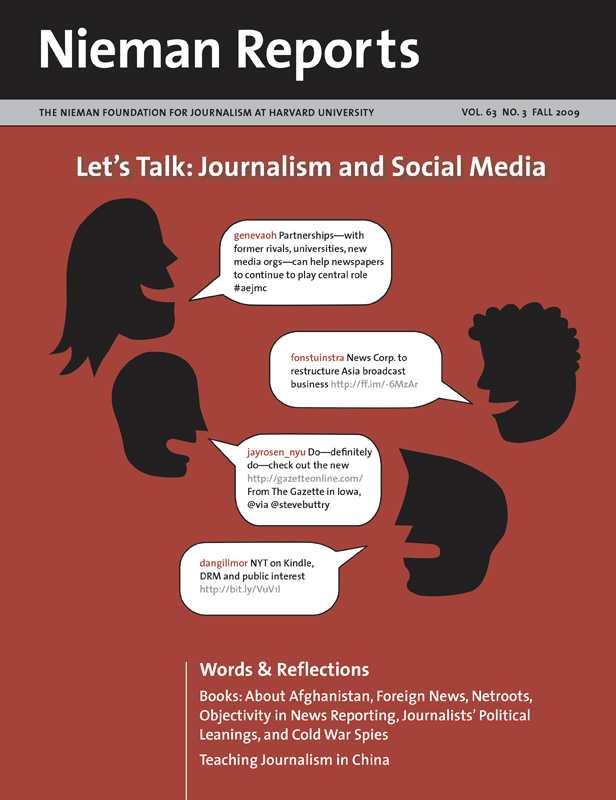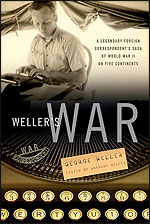George Weller was a highly praised novelist who was fluent in a number of languages when the Chicago Daily News sent him overseas in 1940 at age 33 to cover World War II.
His name is not well known today, but it should be. As Walter Cronkite wrote, Weller was “not only one of our best war correspondents but he had that quality that imbued his copy with lasting importance. He wrote in the present tense but always with the recognition that he was writing the history of his time.”
Fortunately, Anthony Weller has put together and edited a collection of his father’s war reporting. The hefty “Weller’s War: A Legendary Foreign Correspondent’s Saga of World War II on Five Continents” was published by Crown in the spring. As Anthony Weller writes in the foreword, “Having begun as a novelist, [my father] had more literary style than most reporters.’’
A 1948 Nieman Fellow, Weller demonstrated a flair for human interest features as well as on-the-battleground accounts. In 1943, he won a Pulitzer Prize for Reporting for his gripping account of an emergency appendectomy performed in a submarine by a U.S. Navy pharmacist’s mate consulting a medical manual.
Weller was captured. He was censored. He fell deathly ill. Yet he remained firm in his belief that reporting on the war was the best way for him to serve his country.
His name is not well known today, but it should be. As Walter Cronkite wrote, Weller was “not only one of our best war correspondents but he had that quality that imbued his copy with lasting importance. He wrote in the present tense but always with the recognition that he was writing the history of his time.”
Fortunately, Anthony Weller has put together and edited a collection of his father’s war reporting. The hefty “Weller’s War: A Legendary Foreign Correspondent’s Saga of World War II on Five Continents” was published by Crown in the spring. As Anthony Weller writes in the foreword, “Having begun as a novelist, [my father] had more literary style than most reporters.’’
A 1948 Nieman Fellow, Weller demonstrated a flair for human interest features as well as on-the-battleground accounts. In 1943, he won a Pulitzer Prize for Reporting for his gripping account of an emergency appendectomy performed in a submarine by a U.S. Navy pharmacist’s mate consulting a medical manual.
Weller was captured. He was censored. He fell deathly ill. Yet he remained firm in his belief that reporting on the war was the best way for him to serve his country.




